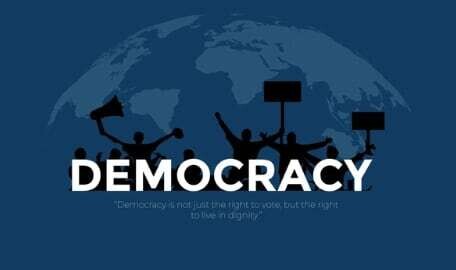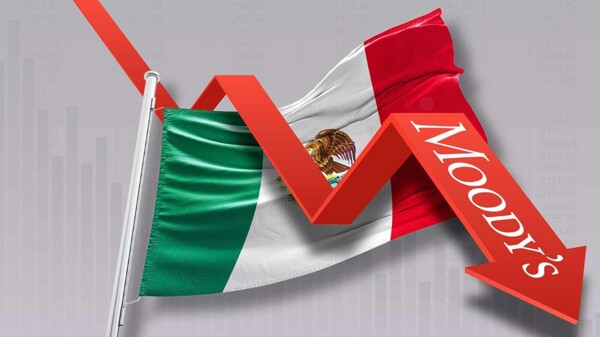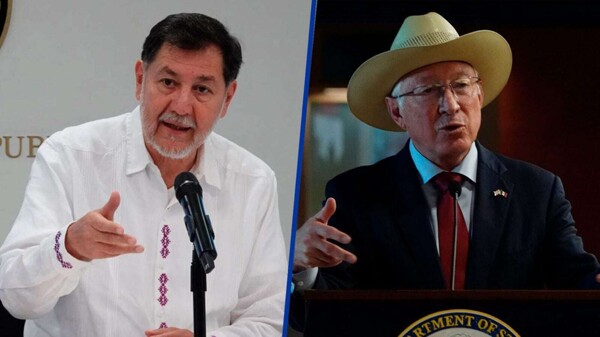
In the reflection on whether counter-majoritarian institutions are a guarantee or an obstacle for democratic exercise, it is raised whether a country can be democratic without being federalist. The European Union has played a crucial role in the democratic processes of its members and allies, including Mexico, which signed the Free Trade Agreement with a democratic clause at the end of the 20th century.
In Latin America, democracy is young and has experienced a tumultuous pace. It is questioned whether the United States is truly a representative democracy, given the indirect election and the simple majority system in the presidential election. The constant tension in democracy stands out as part of its nature.
It is raised whether a Republic with a division of powers is the only valid form of democracy. In Europe, non-democratic traditions are combined with modern, stable, and representative institutions that have wide consensus. On the other hand, it is analyzed whether it is possible to access power democratically and then dismantle it.
In the United States, the cohesion of the Union has been prioritized over individual rights, although advances have been achieved through social movements. There are times when there is overrepresentation in the presidential election. In the West, each country seeks the best form of democracy based on the correlation of political forces, socio-cultural values, and the vision of hegemonic elites.
Among parliamentary monarchies, there is also discussion about their level of democracy with indirect elections and hereditary leadership in the head of State. Social movements have been catalysts for political openness, as in Chile, where counter-majoritarian weights were established in the democratic transition.
It is timely to question the future of democracy amid profound political changes and to study existing representation systems, with their possible limitations regarding plurality.














